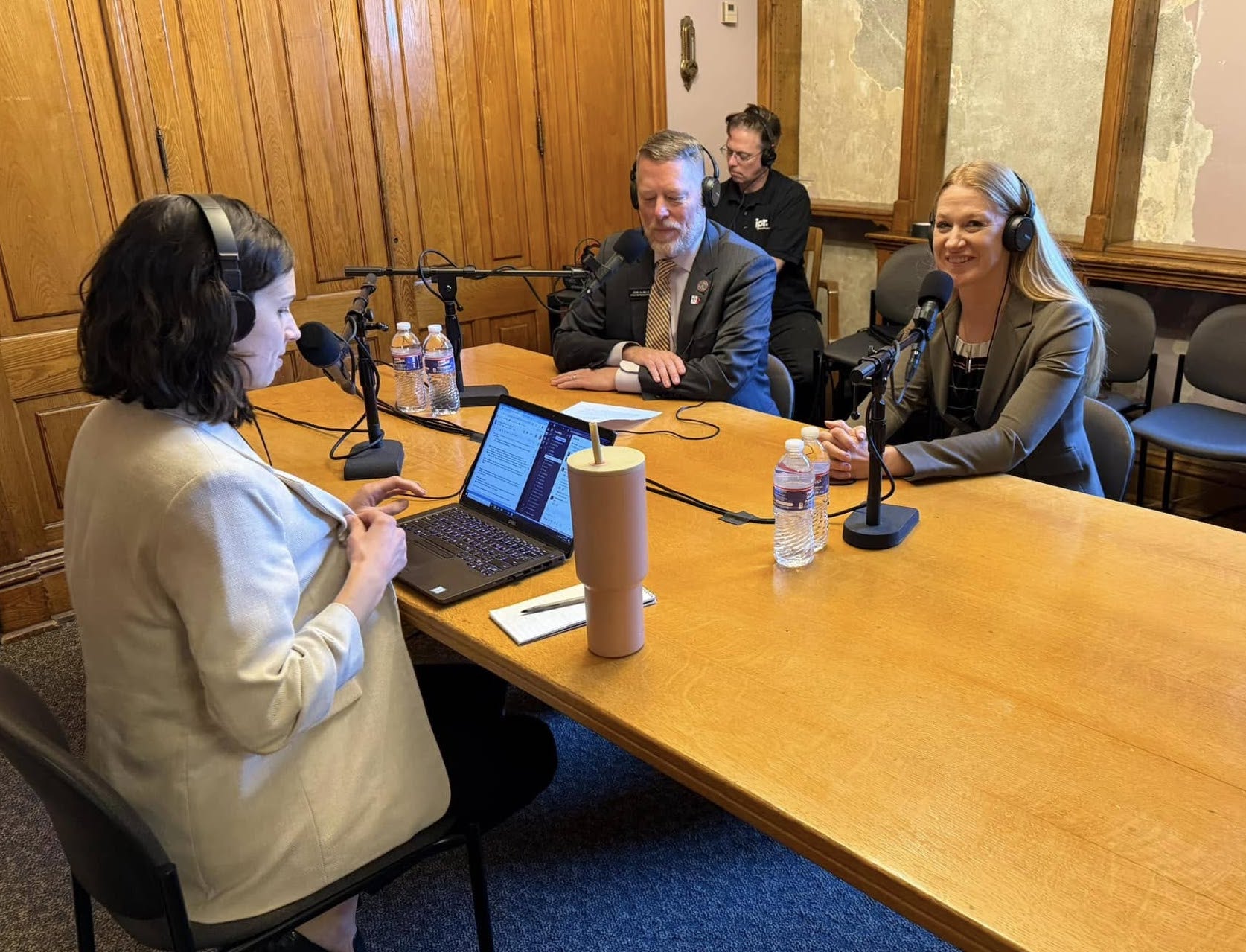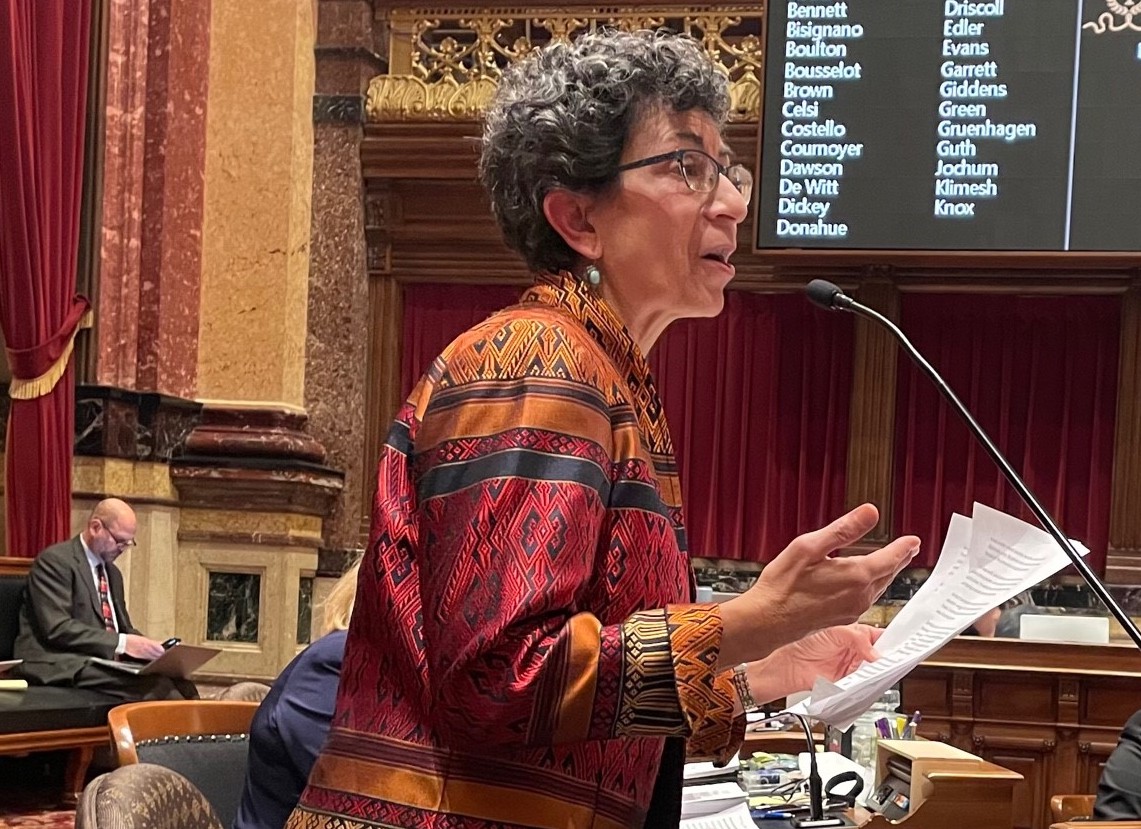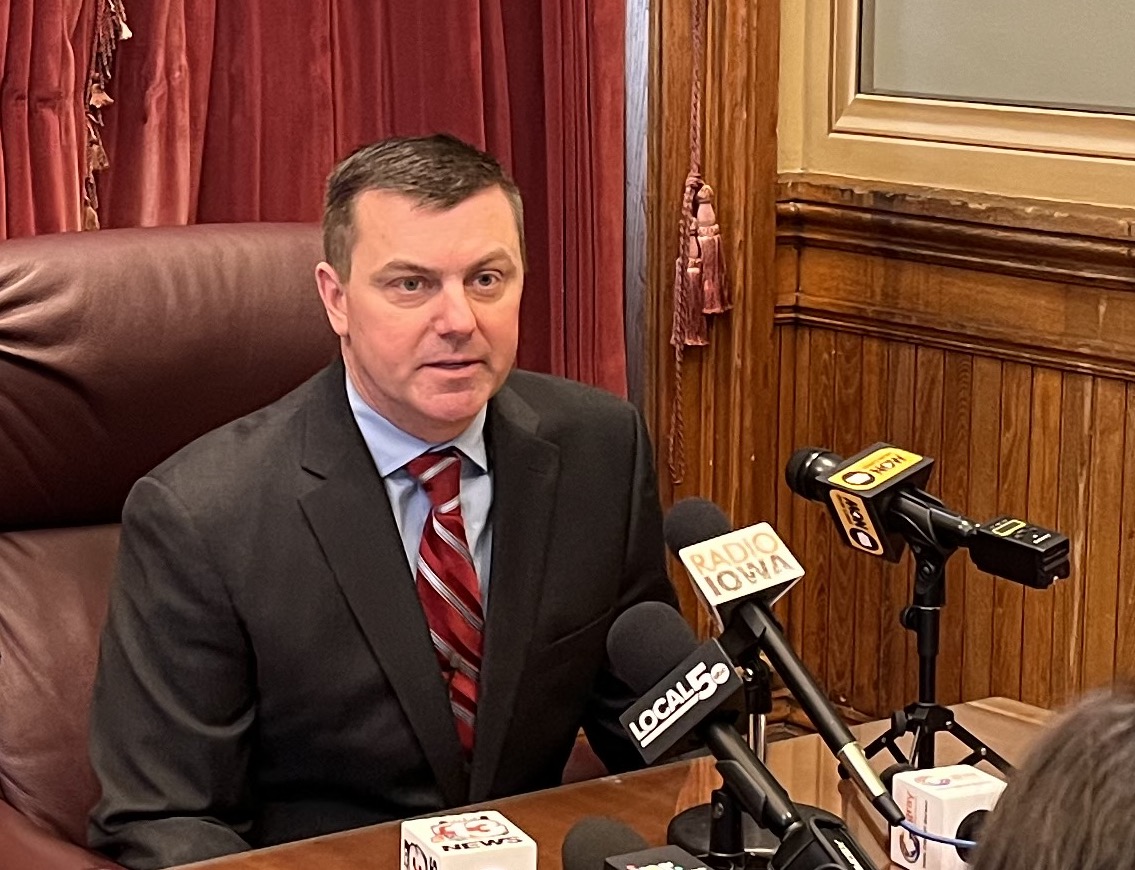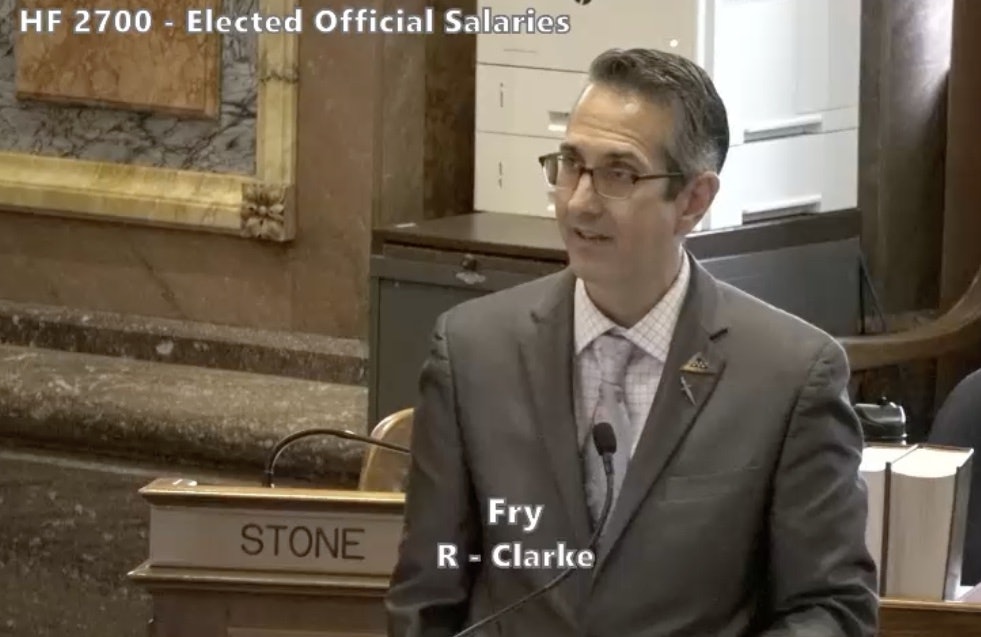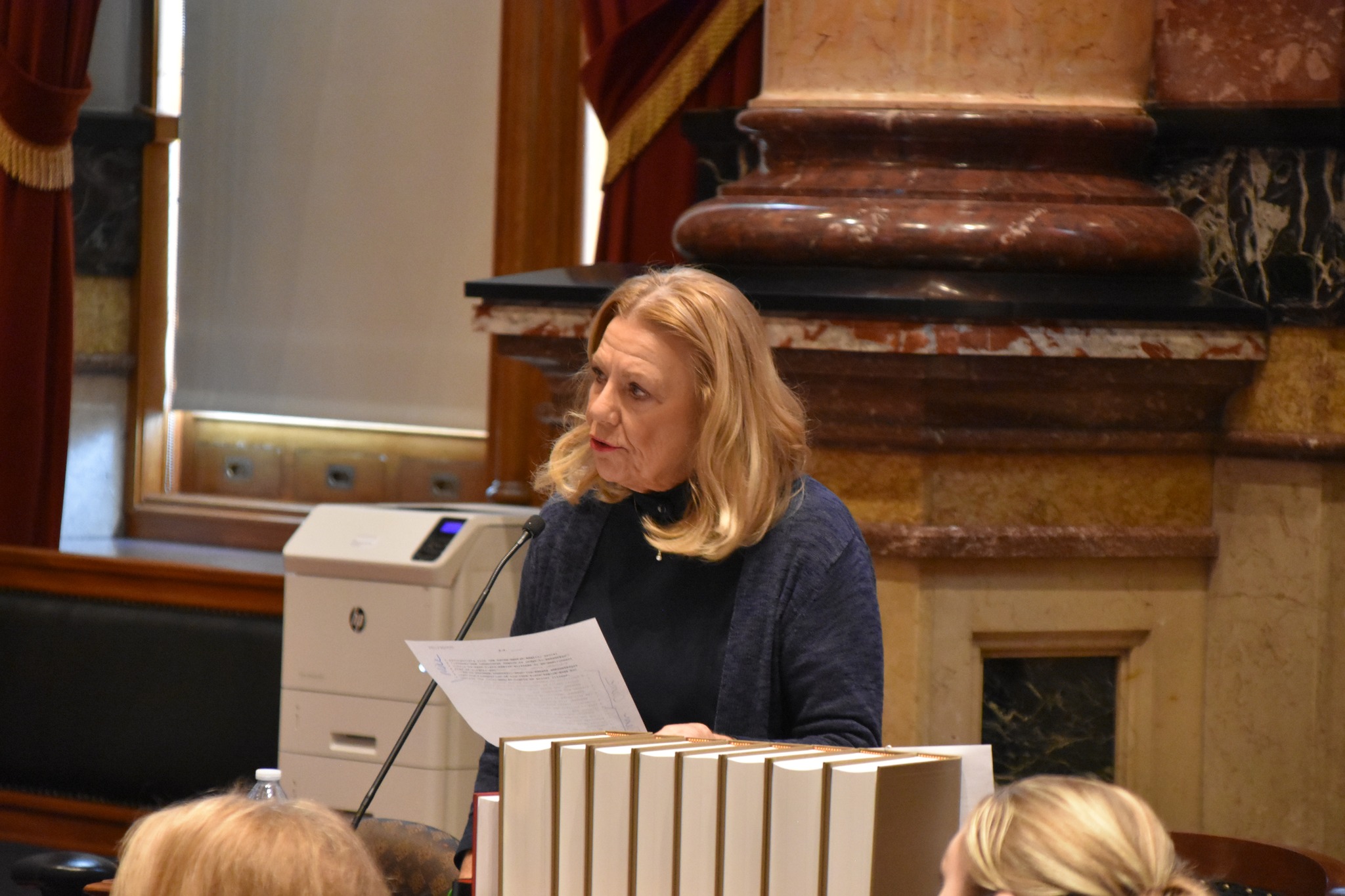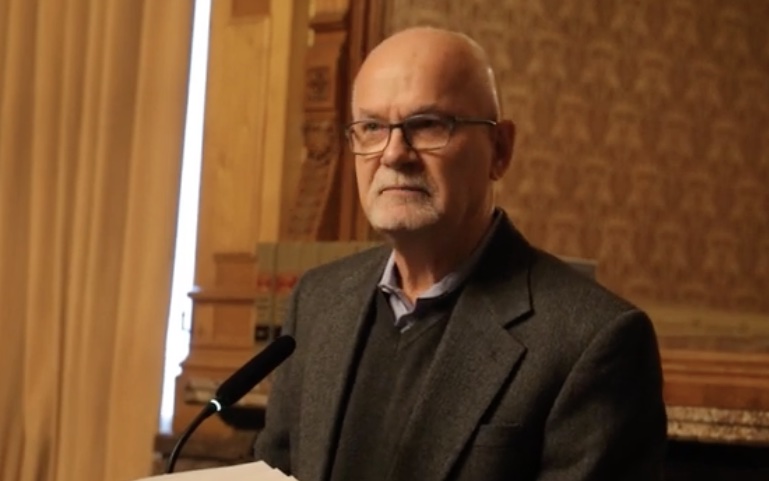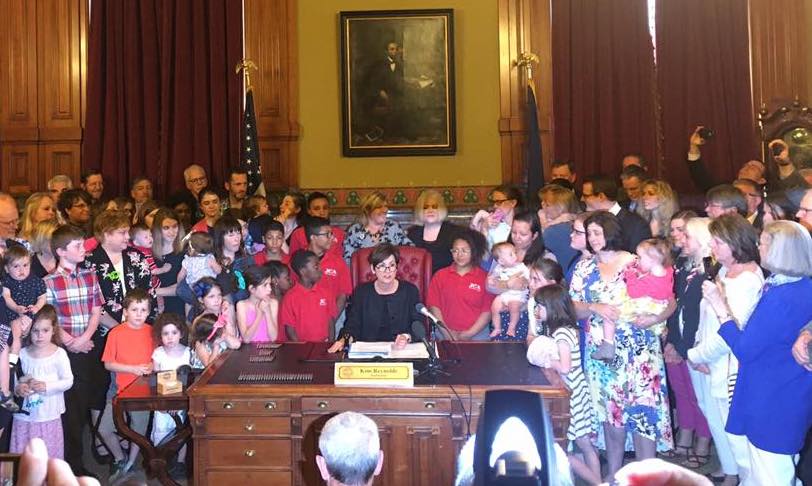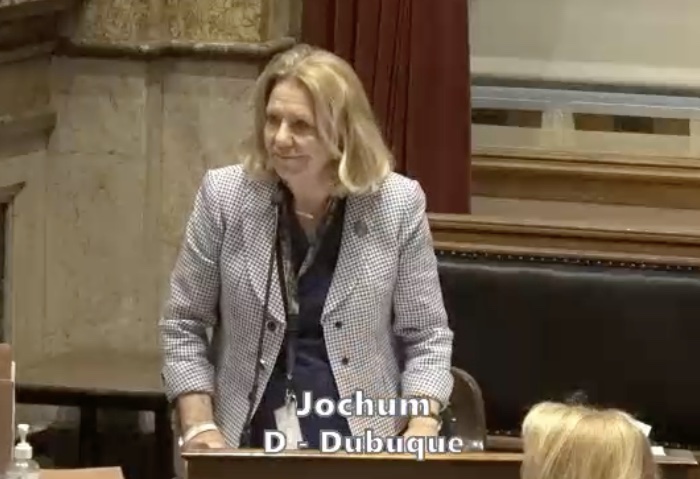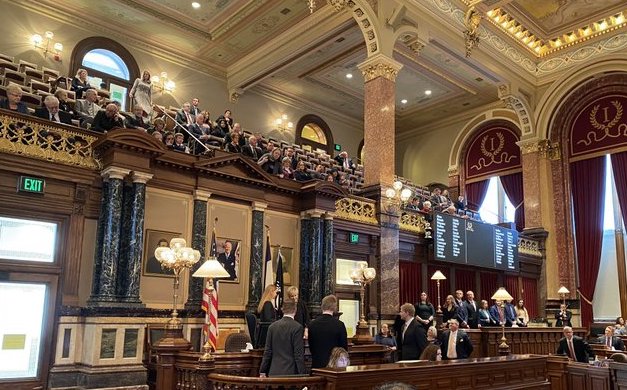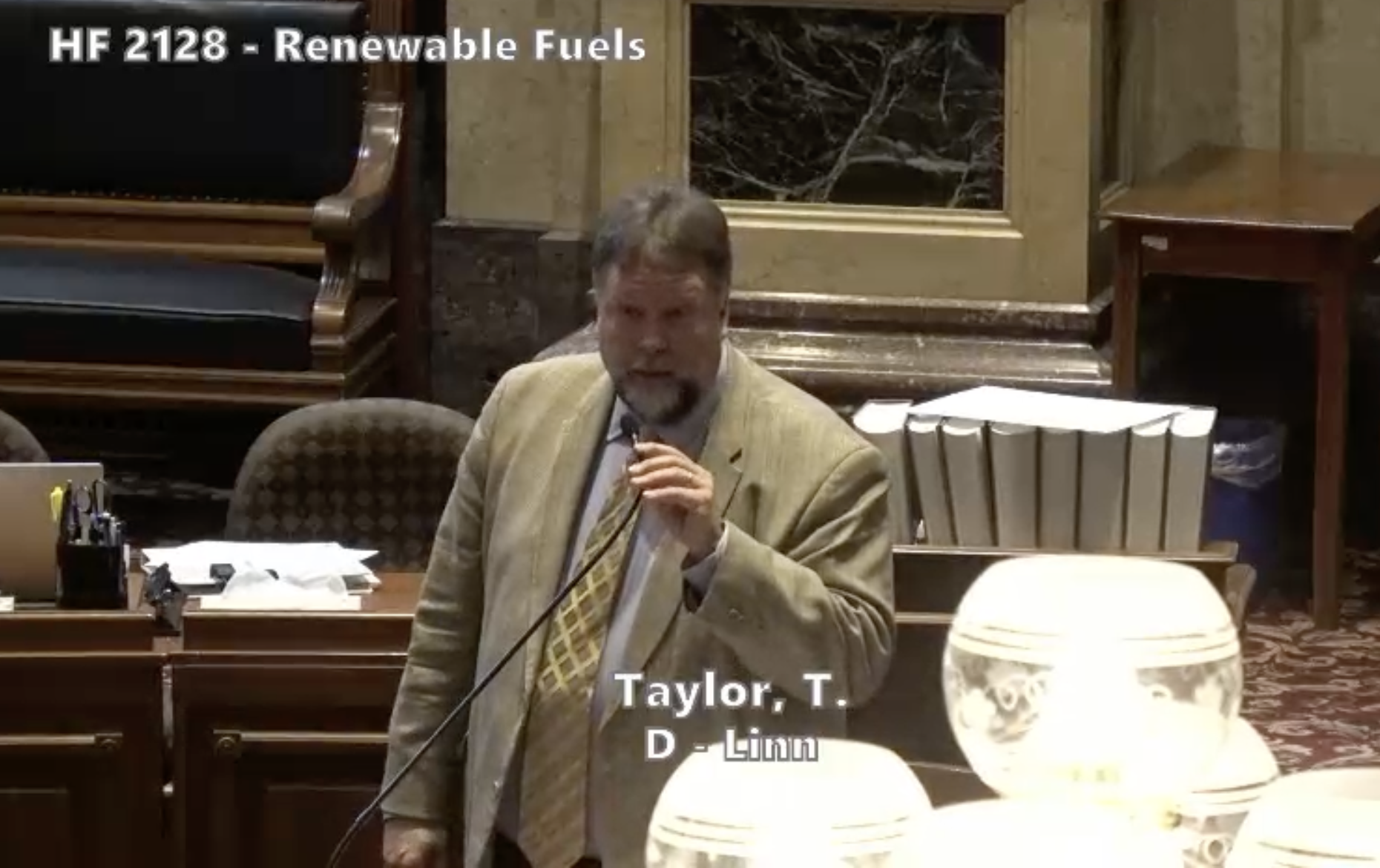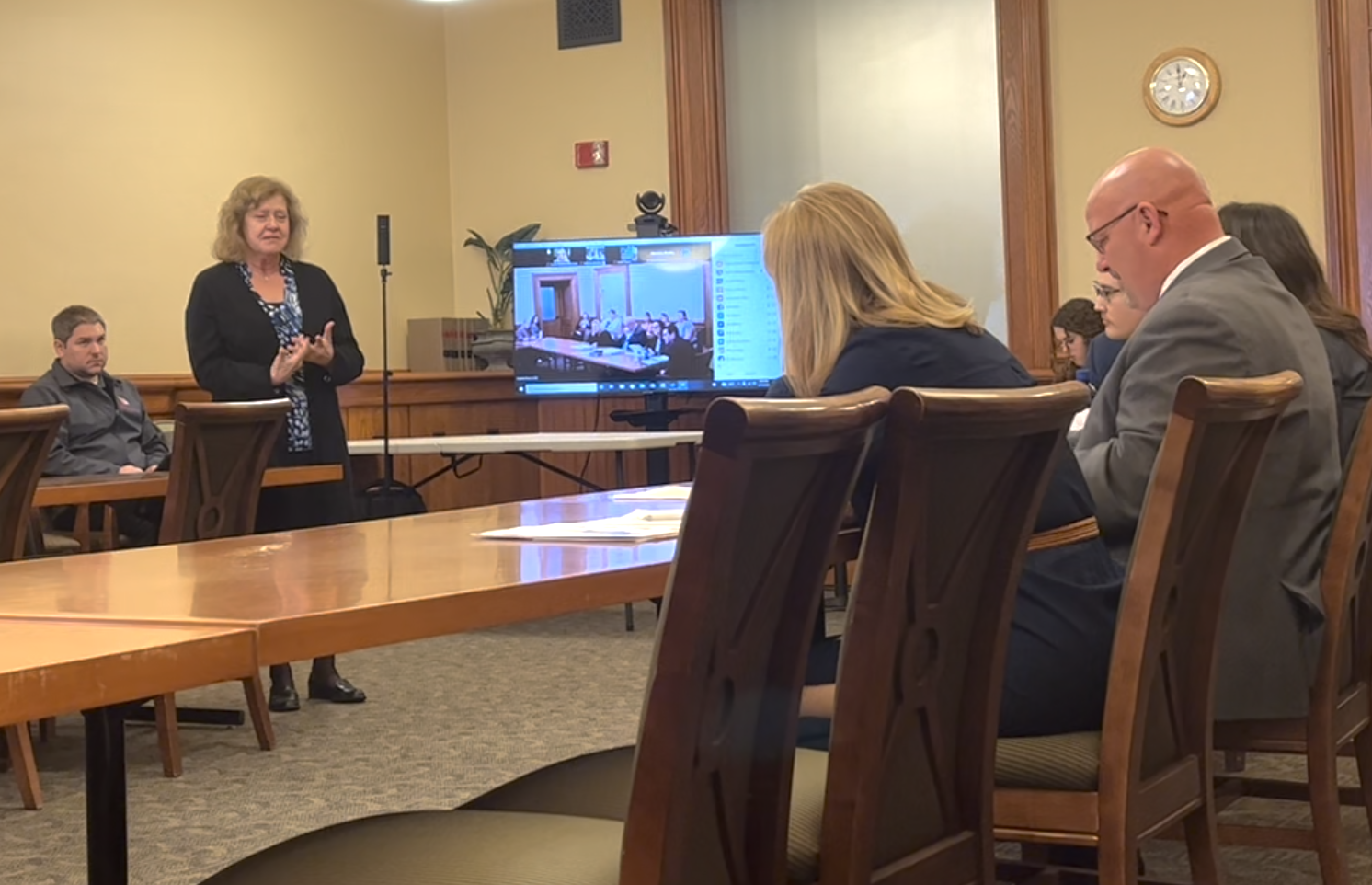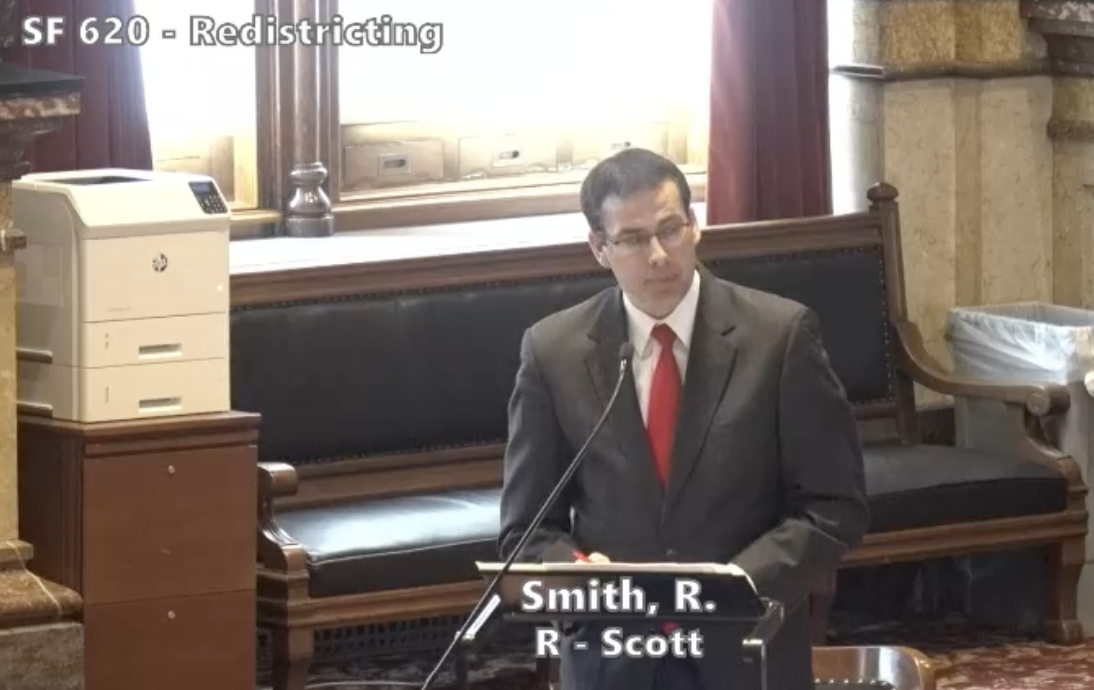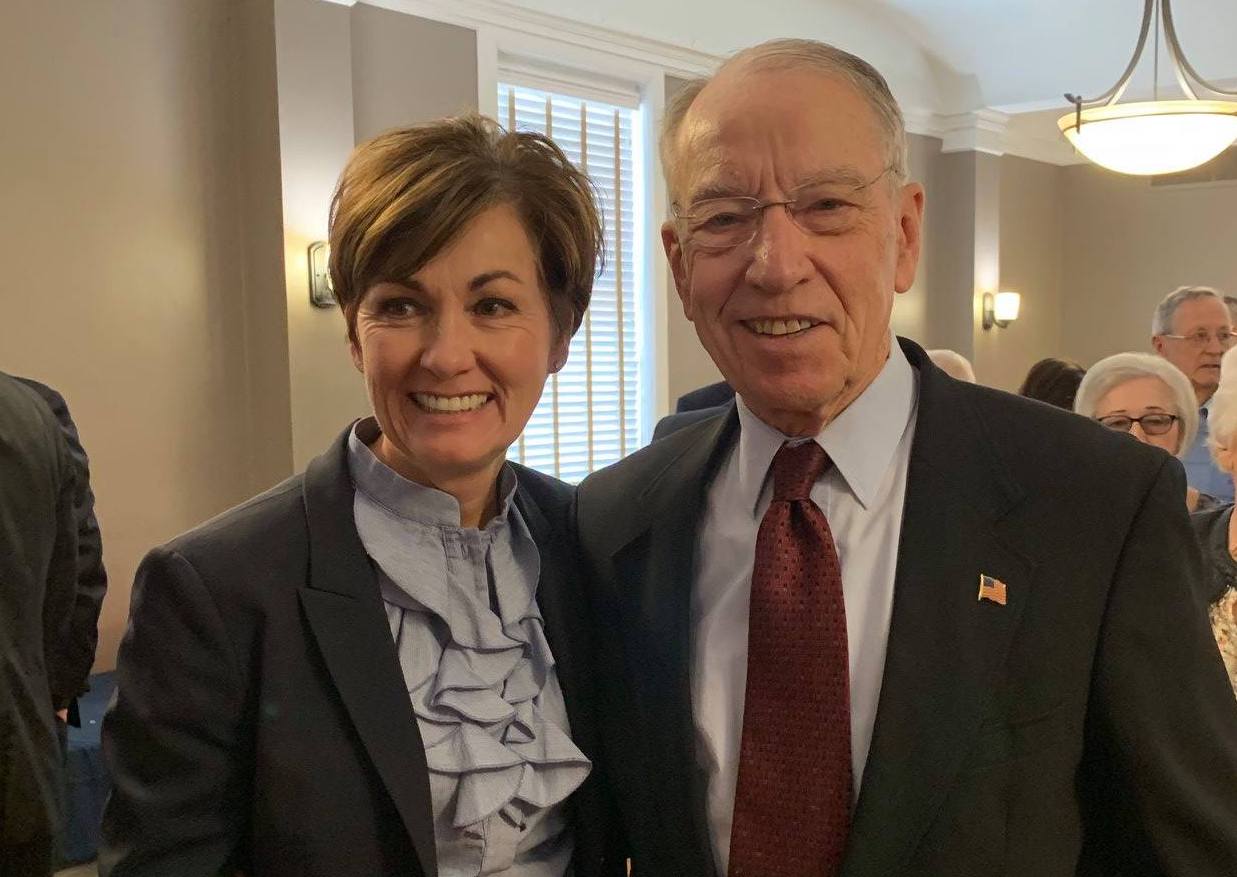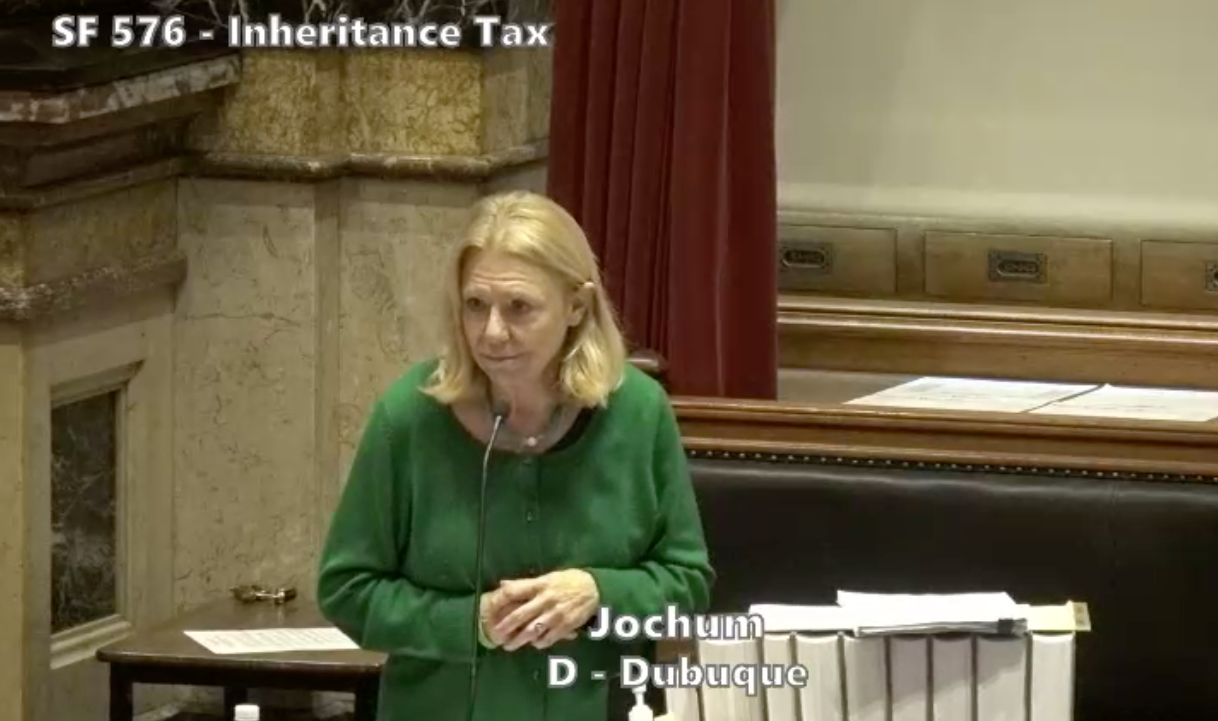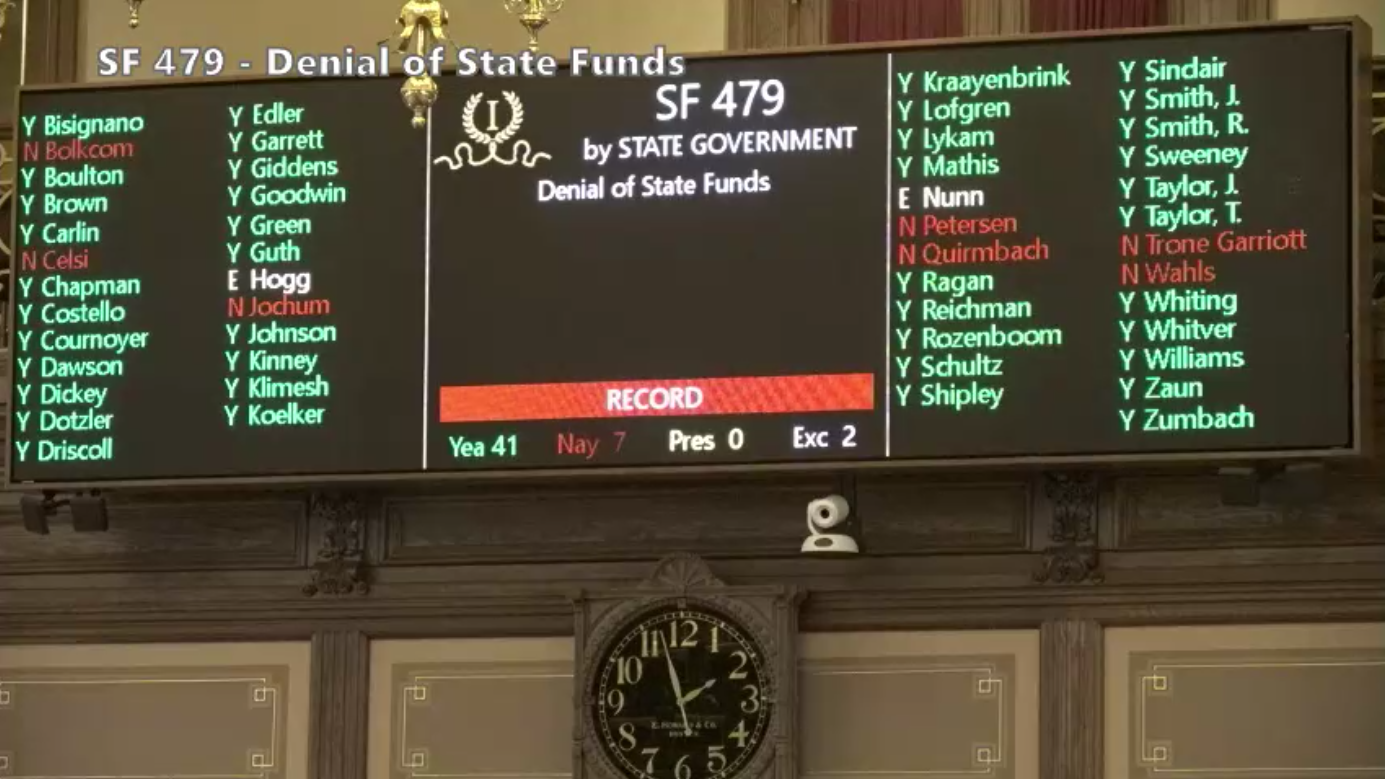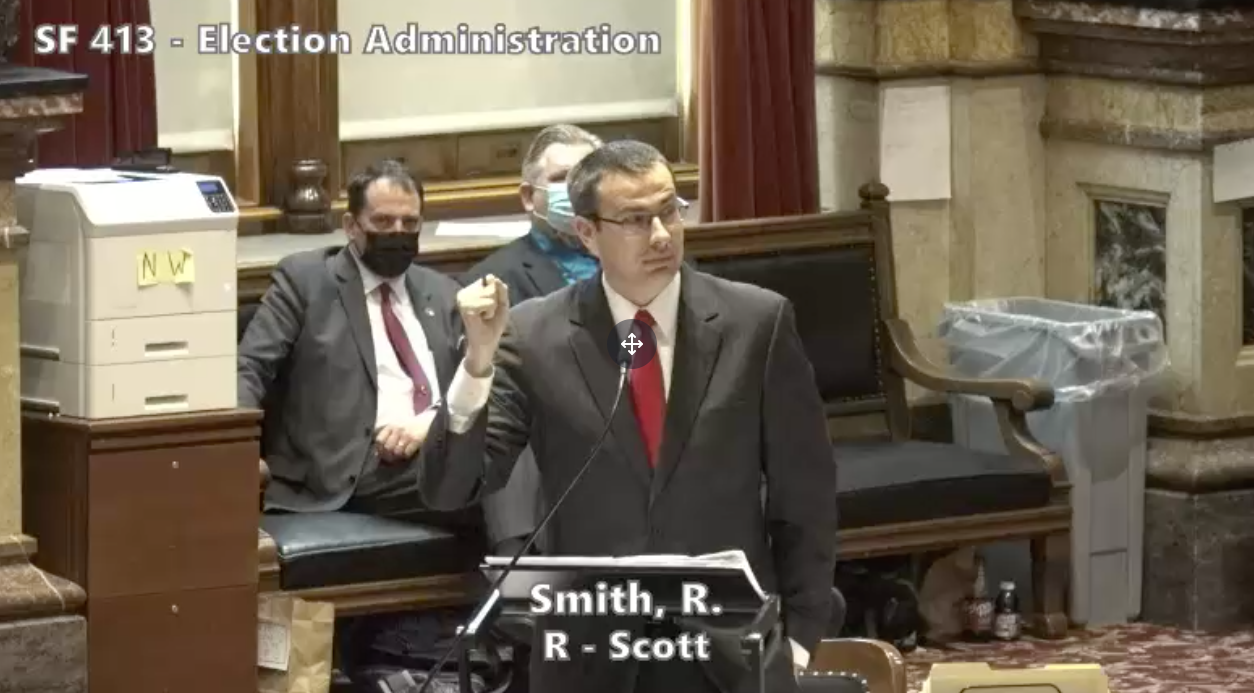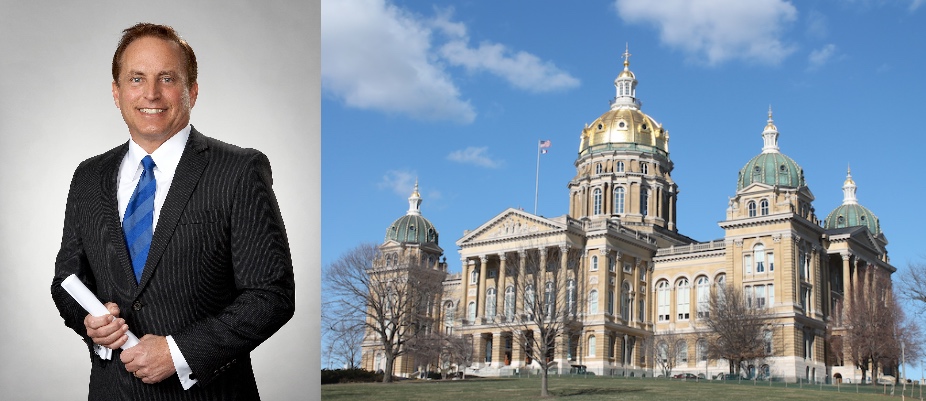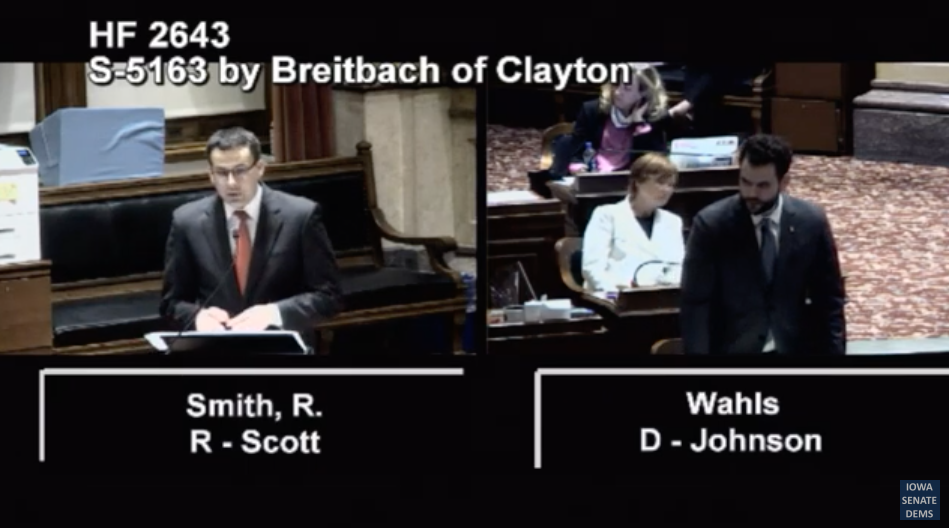Two Democrats launched campaigns this past week in Iowa’s third Congressional district, one of the party’s top 2026 pickup opportunities in the U.S. House. Republican Representative Zach Nunn held off challenger Lanon Baccam in 2024, winning by roughly the same four-point margin by which Donald Trump carried the district. But in the last midterm election while Trump was president, Democratic challenger Cindy Axne defeated another two-term GOP incumbent in the Congressional district anchored by the Des Moines metro area.
The Cook Political Report and Inside Elections with Nathan Gonzales see IA-03 as a “lean Republican” district for 2026, while Sabato’s Crystal Ball views this race as a toss-up.
I interviewed State Senator Sarah Trone Garriott and State Representative Jennifer Konfrst about their priorities and the case they will make to Democrats as they compete for the chance to face Nunn in November.
I’m not aware of any other Democrats seriously considering this race. State Representative Austin Baeth, who said earlier this year he might run for Congress, confirmed to me on May 8 that he will seek a third term in Iowa House district 36. Though there is plenty of time for others to join the field, they would struggle to compete against Trone Garriott and Konfrst, who are experienced candidates and fundraisers with the capacity to run strong district-wide campaigns.
Continue Reading...

